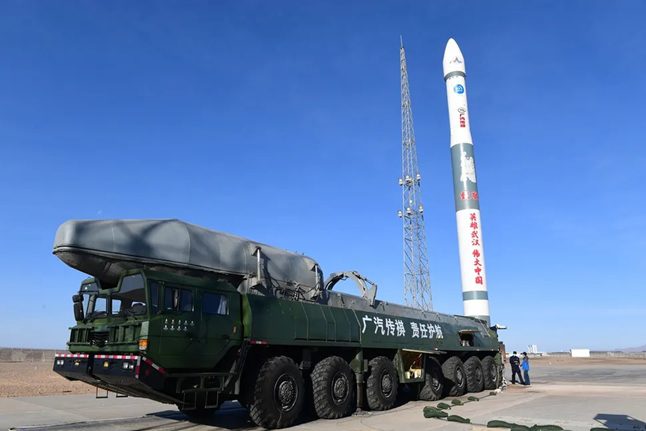While the reliability of Orbital Sciences’ Antares rocket’s ancient (if refurbished) NK-33/AJ-26 engines were found wanting, Orbital Sciences Corp has now decided to change these engines in favour of another rocket engine. According to Aviation Week, the company has selected the LOx (liquid oxygen)/kerosene burning RD-181 engine produced by the Russian manufacturer, NPO Energomash.
The company had originally been expected for either a single very large engine in the form of the dual chamber dual nozzle RD-180 or a pair of the smaller single chamber RD-193 engines which powers the Soyuz 1-V.
The actual choice was to go for a pair of the 432,000lb sea-level thrust RD-181 engines whose design uses a single chamber/single nozzle. This engine apparently “closely resembles the RD-191 on Russia’s new Angara launcher and the RD-151 that powers South Korea’s Naro-1 launch vehicle.” The new rocket engine will still use the highly efficient oxygen-rich pre-burner/staged-combustion cycle that Russia specialises in and will have a specific impulse (the traditional measure of rocket efficiency) of 312 seconds.
It was the need to keep closely to the two engine configuration of the original NK-33 powered Antares, along with rocket engine availability and cost effectiveness, were the main factors cited by Orbital Sciences in the selection of the RD-181. An initial purchase of 60 engines will be made covering up to 30 launches, delivered at rate of five sets of two per year.
Critics note that in choosing a Russian engine, Orbital Sciences and its part-Ukrainian-built Antares may succumb to politically motivated supply issues that currently threatens Atlas military launches. Russia has already threatened to halt its RD-180 engine supply to ULA for these launches.





